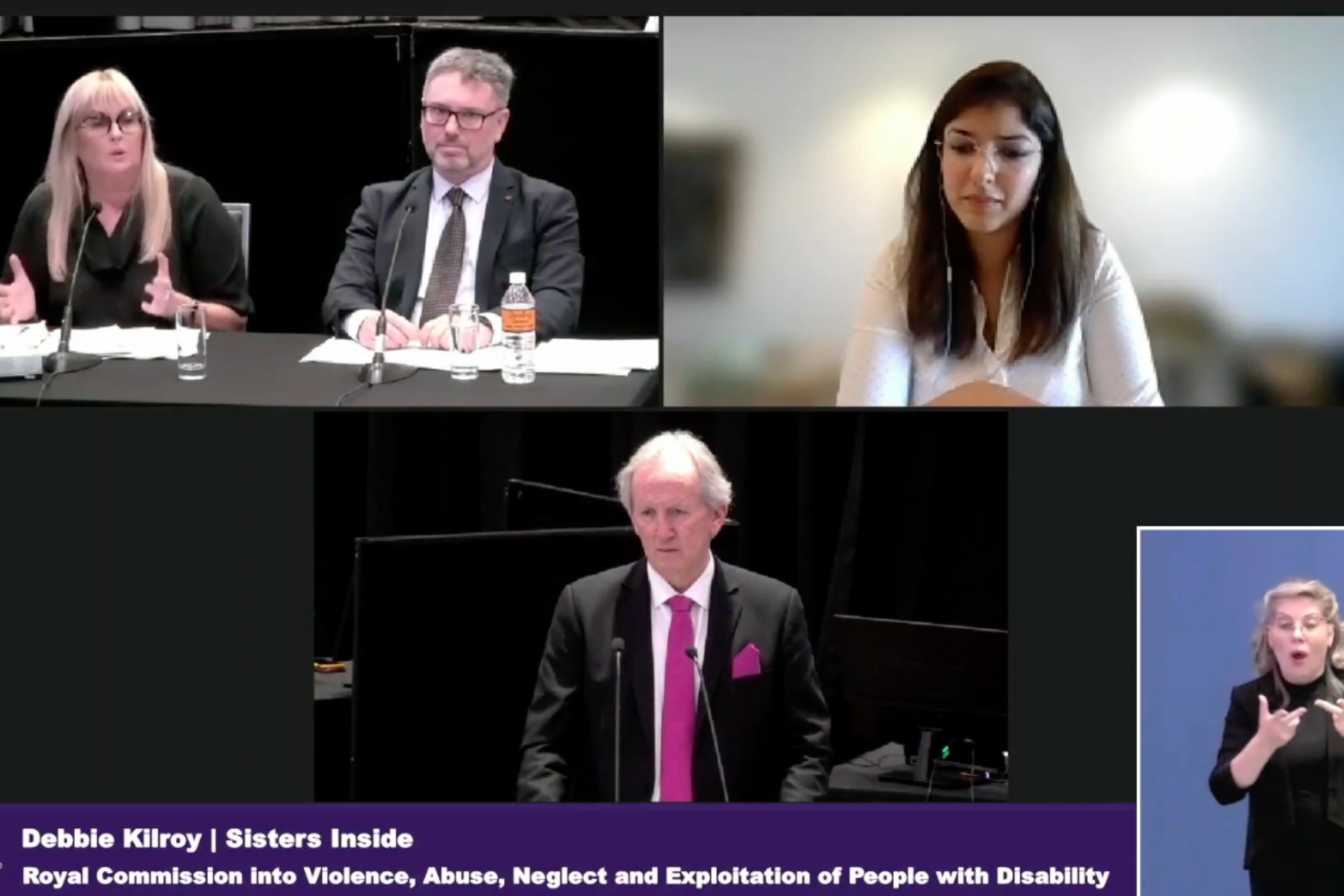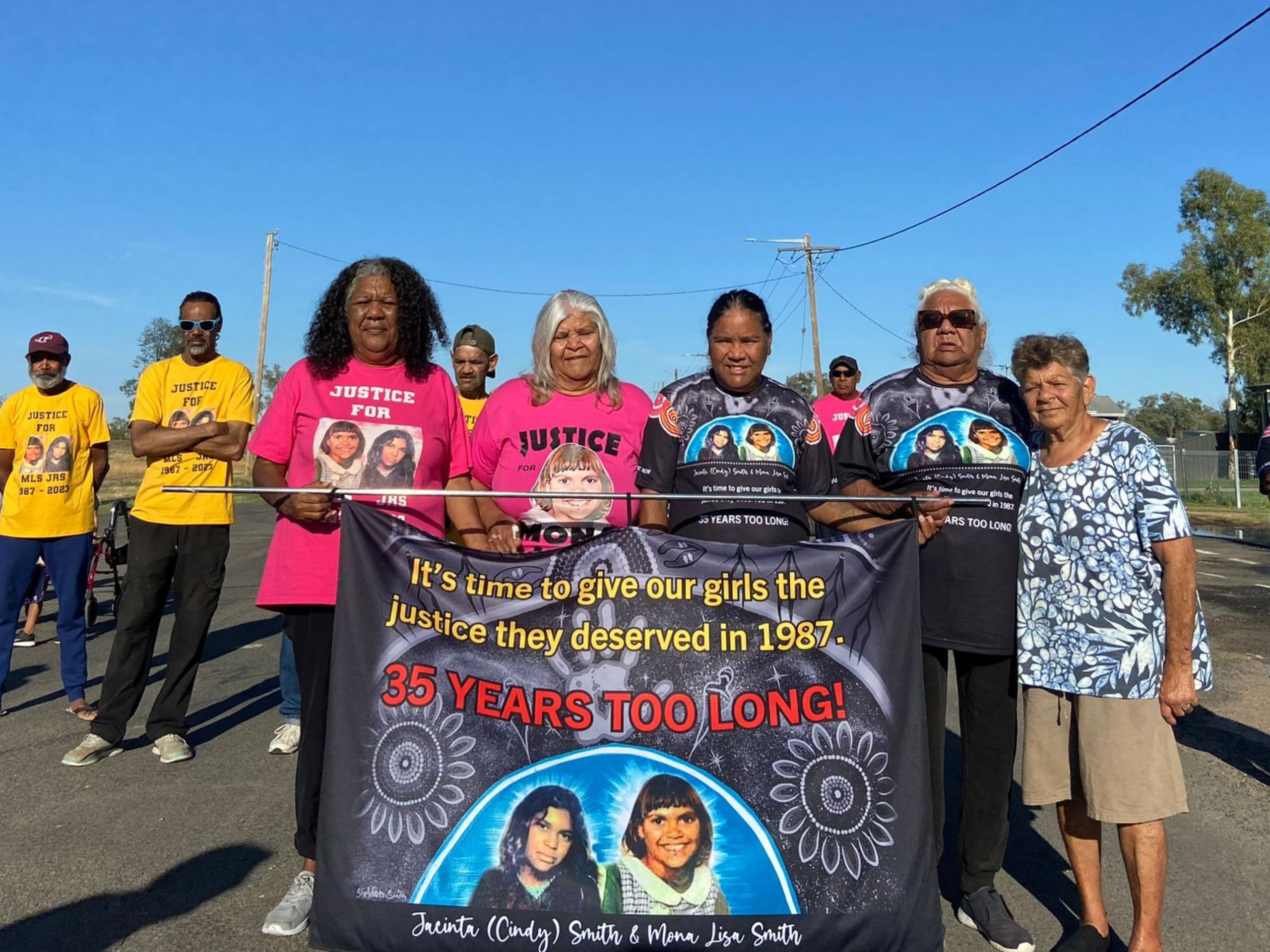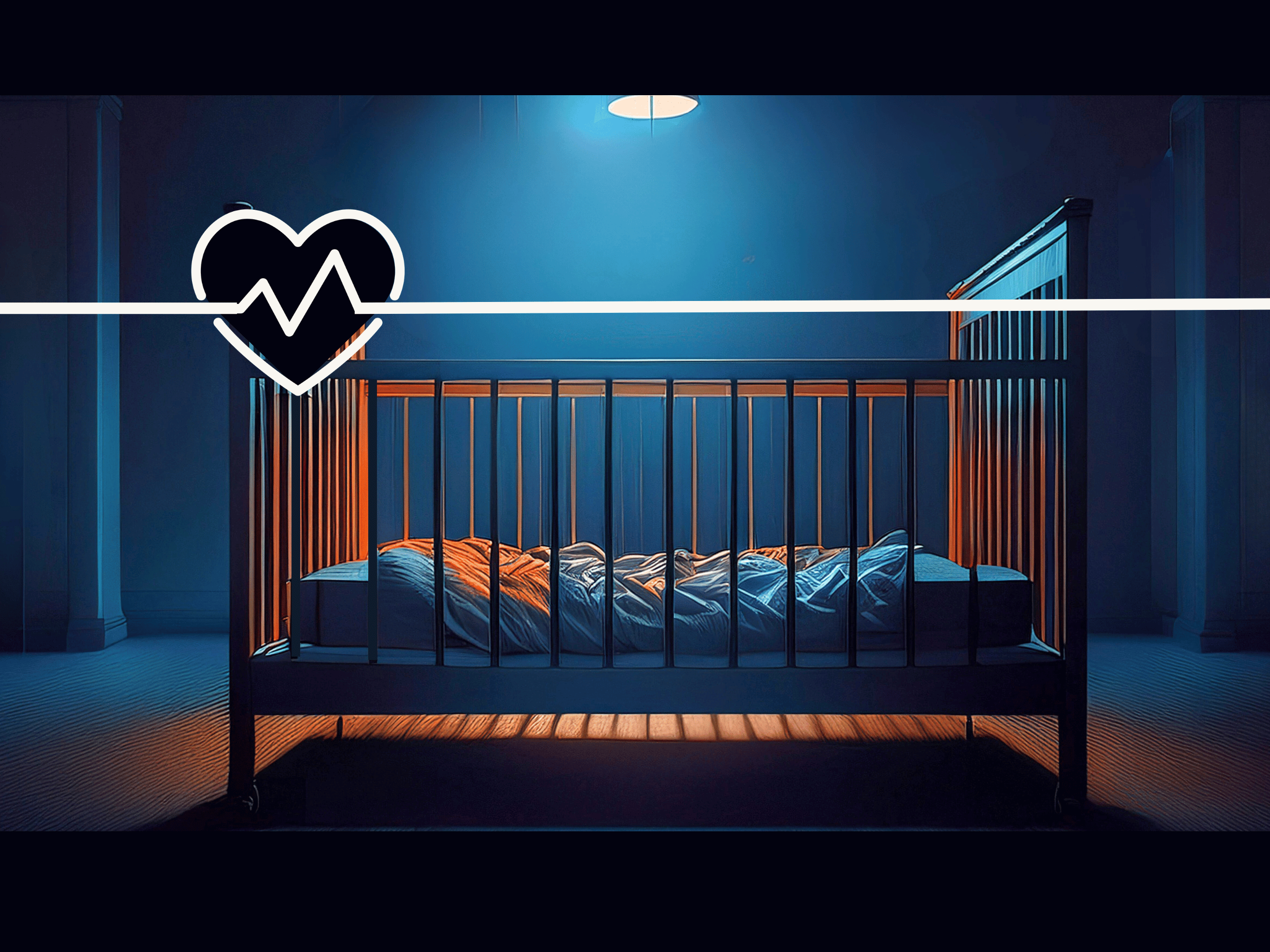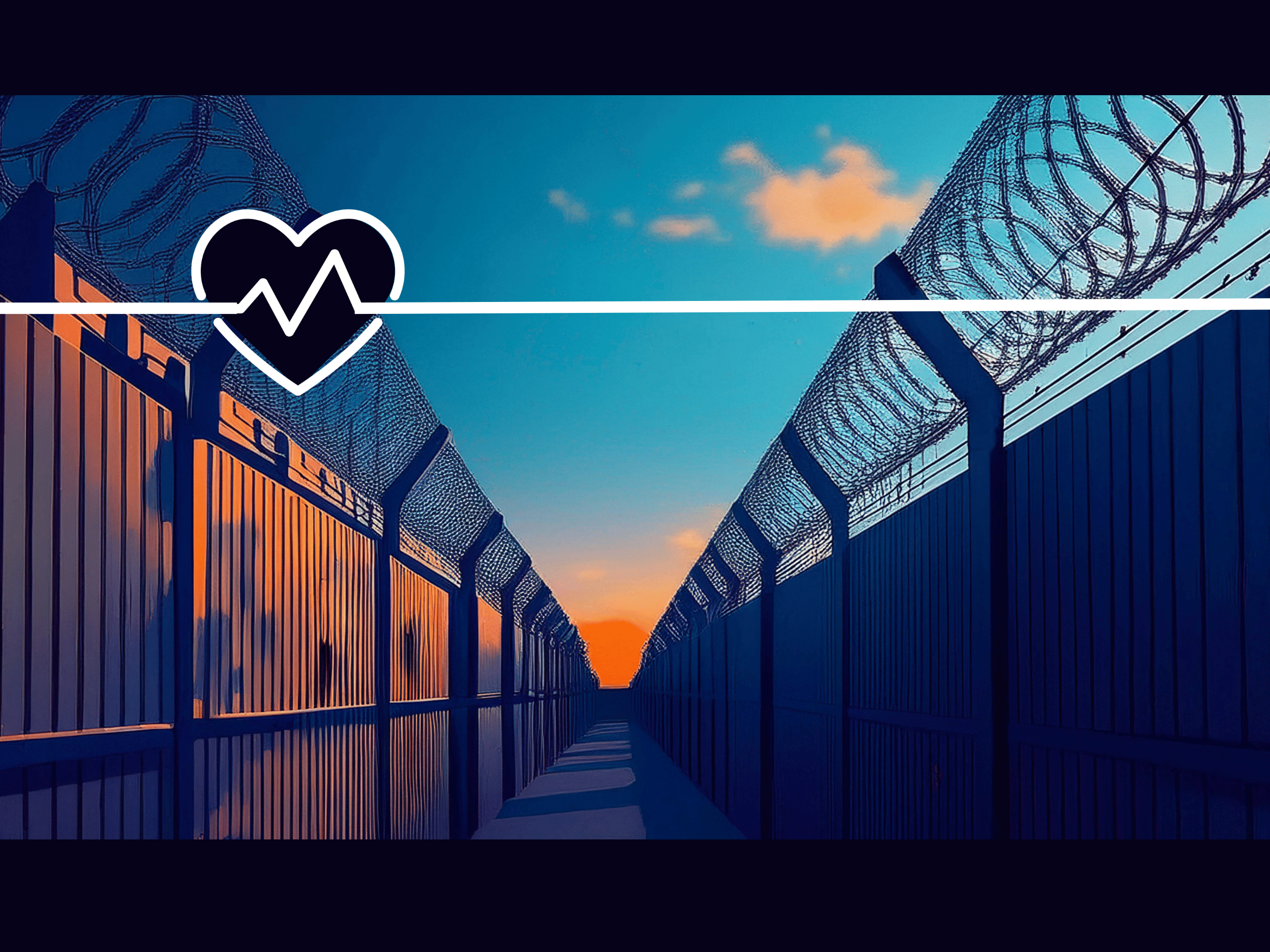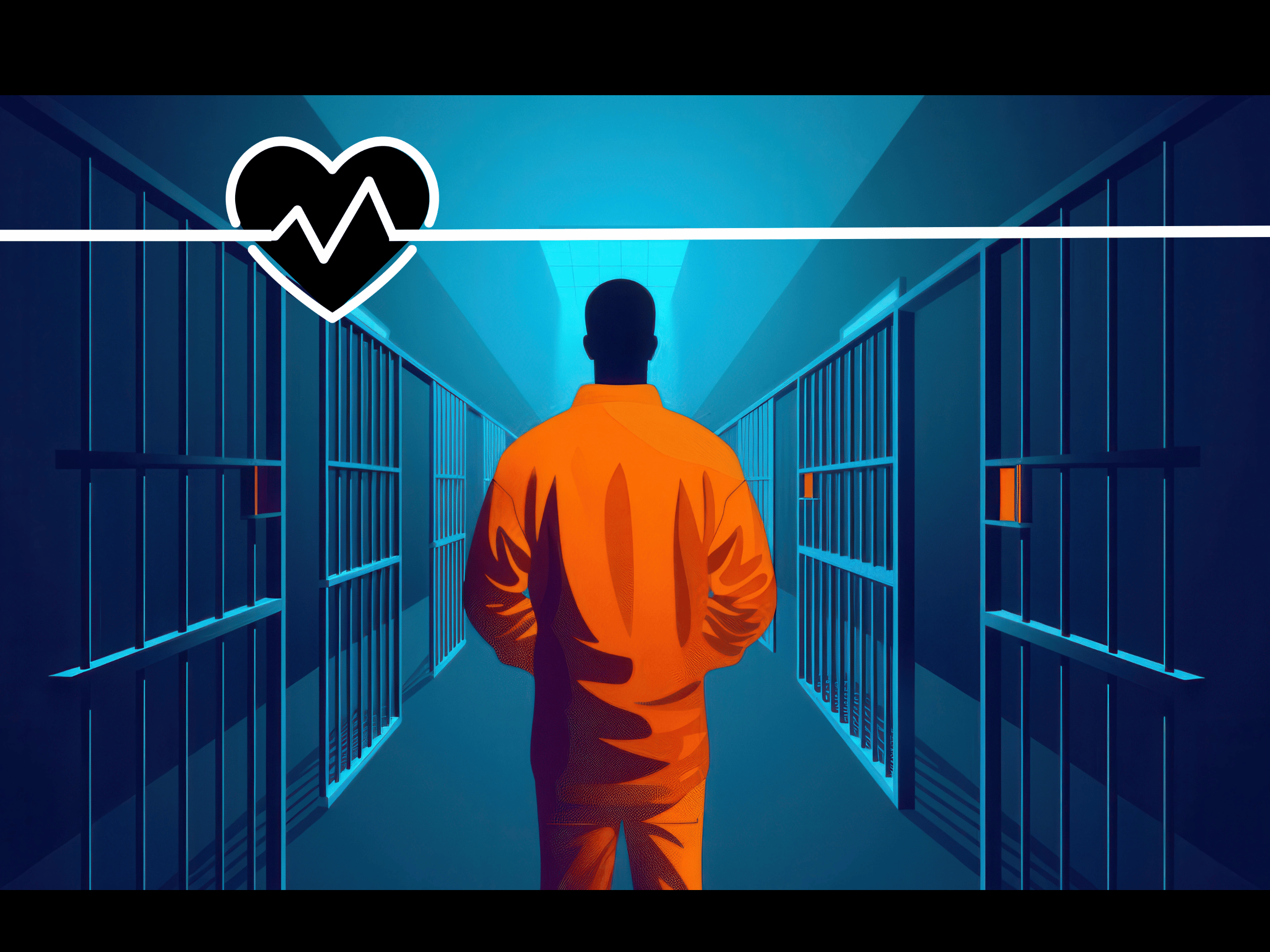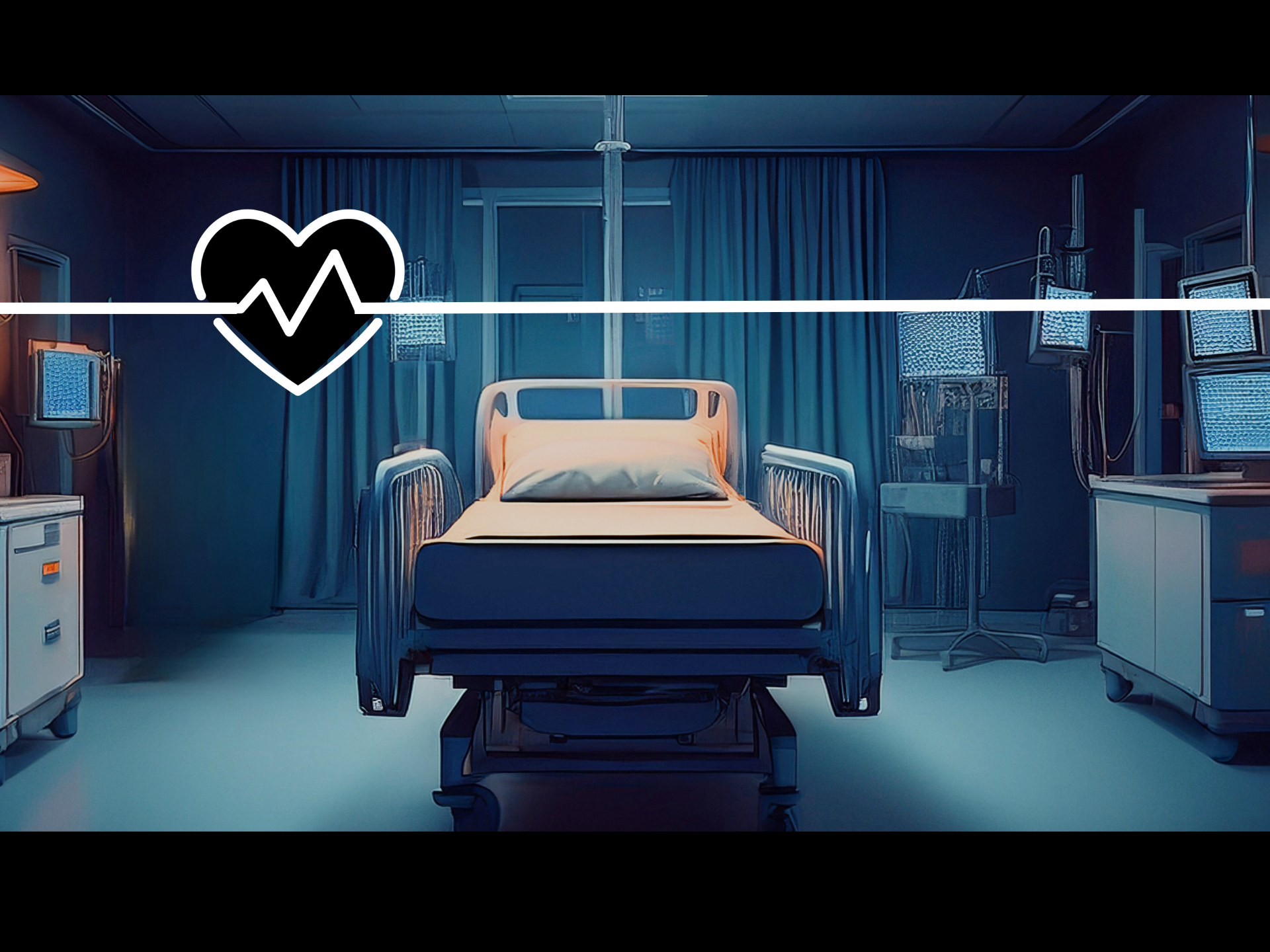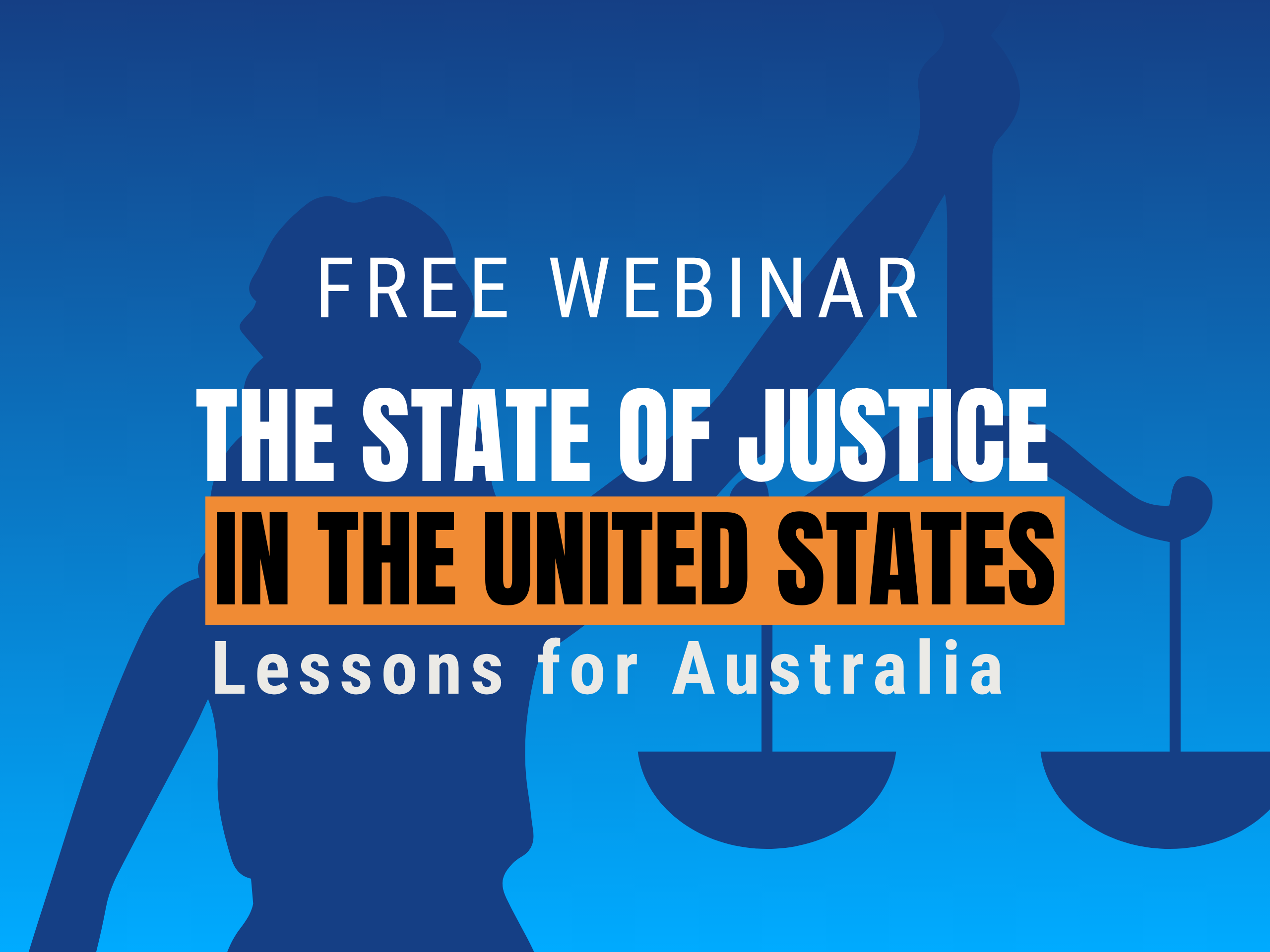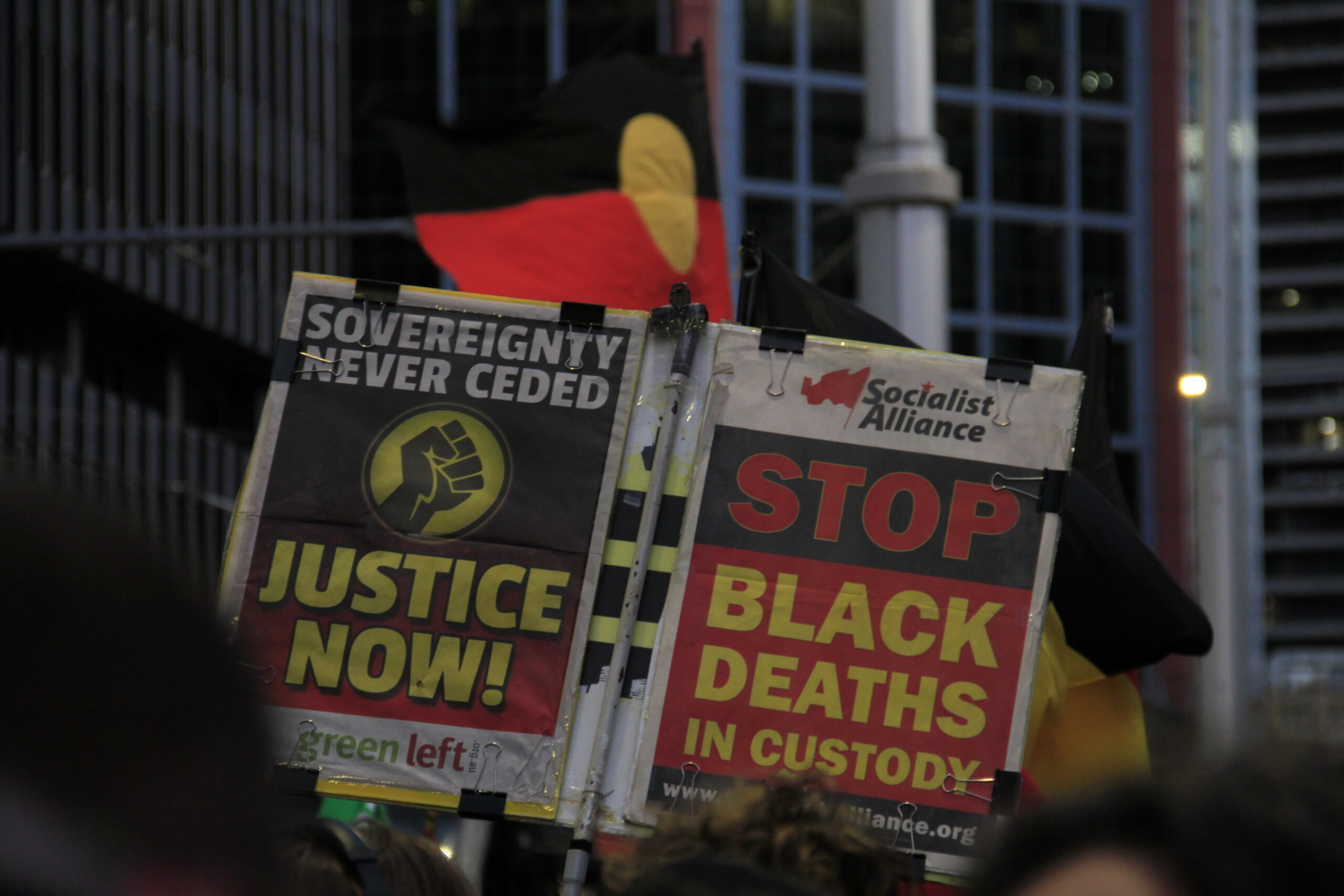Content warning: This article contains explicit references to violence and sexual assault. If you are experiencing distress and are in need of support, please contact Lifeline on 13 11 14 or 13YARN on 13 92 76 for First Nations readers.
Children that come in contact with the criminal justice system should be provided the support and care needed at that critical time in their lives. But in reality, youth detention in Australia is brutal, inhumane and an ineffective system which condemns Aboriginal children to a lifetime of prison.
For many years, we’ve been calling for urgent reforms in our youth detention system to stop the brutalisation of Indigenous children in youth detention. Instead of locking up and punishing kids, we must provide them with medical care, education, and a sense of identity through their culture.
Here, we take a look at the problems of youth detention in Australia – and how we can fix it.
What did we hear at the Disability Royal Commission?
When we went to Perth in September to attend the Disability Royal Commission hearings with our clients, we were shocked by what we heard. During the hearings, our CEO, George Newhouse, and our Special Counsel, Duncan Fine, denounced this humanitarian crisis in an article for The Guardian:
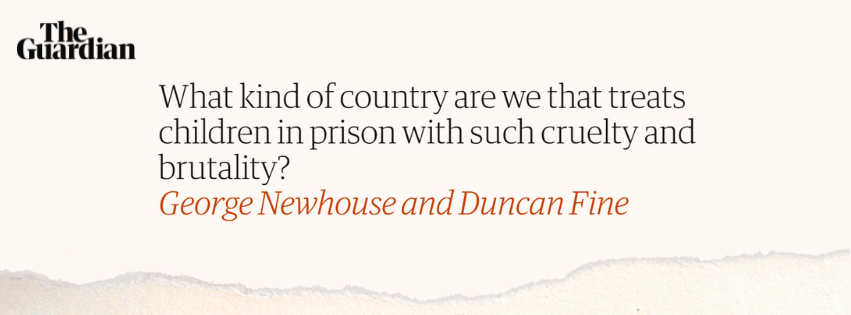
“The royal commission heard from the father of a disabled child who was raped in detention and was forced by his guards to wash up the evidence and dispose of it. He never received any support, care or compassion after that horrific event.”
“Elsewhere, children have been bashed and left weeping in solitary confinement, in complete darkness and in freezing cells that were covered in urine, vomit and faeces. They were then starved of food and human decency.”
“These horrors are not the exception to the rule. They are a day-to-day reality.”
What do our clients say about youth detention?
Our client, Jasmin*, told the Royal Commission how the Banksia Hill Youth Detention Centre in Western Australia had “ruined” her son Maison* and his friend Nathan*. Both boys already had a traumatised childhood and learning disabilities. She said:
“Banksia Hill punishes by way of lockdown. They don’t understand that the isolation, the solitary confinement and the degradation is making these kids so much worse.”
After such brutal treatment, Jasmin said her son lost a lot of weight and became “very withdrawn”. At one point, Maison began refusing visits from his family altogether. Jasmin then realised this was because he was self-harming, which he was trying to keep hidden from his mother.
Jasmin said Maison now sees the world as a “very cruel, cold place” where it is difficult to trust people.
Above: Our client Jasmin gave evidence to the Disability Royal Commission about the abuse suffered by her son Maison and his friend Nathan in Banksia Hill Detention Centre.
What is wrong with our youth detention system?
In our written submission to the Disability Royal Commission, we describe a youth detention system that is failing children and failing the community.
Some of our biggest concerns are:
- Youth detention centres rely on external mental health facilities, instead of in-house mental health care
- Youth detention centres rely on children self-reporting their own health issues and disability requirements
- Isolation is excessively used as a mechanism for behavioural management
- The difficulty and inaccessibility of complaining about mistreatment
- Inadequate opportunities for children to freely speak with external inspectors
- Lack of First Nations staff
- Absence of follow-up health appointments for people who have been released from custody.
These are just some of the many failings of the youth detention system. To learn more about what is happening inside places like Don Dale Youth Detention Centre (Darwin), listen to our interview with NT Children’s Commissioner Nicole Hucks.
What are our proposals to protect Indigenous children in youth detention?
Our CEO and Principal Solicitor, George Newhouse, told the Royal Commission that urgent changes are needed to protect children in youth detention :
“You can’t train prejudice out of people in one day. It will take time. There needs to be law reform. In Western Australia, the Supreme Court declared that holding children in solitary confinement was unlawful, that would be a good start.
In our full submission to the Royal Commission, we made a number of recommendations which would help end the violence and abuse in youth detention. Here are our key recommendations:
- Trauma-informed therapeutic care should be embedded within prisons, not just in external mental health facilities.
- Restrict the use of isolation to act in the best interest of the child
- Ensure consistent access to education for children in youth detention
- Make sure children can access independent complaints mechanisms
- Teach youth detention officers about children’s rights and how to help children who have experienced trauma or disability
- Ensure transparency through 24/7 CCTV and the mandatory use of body cameras on prison guards
